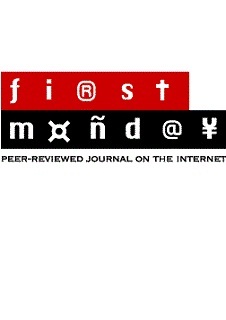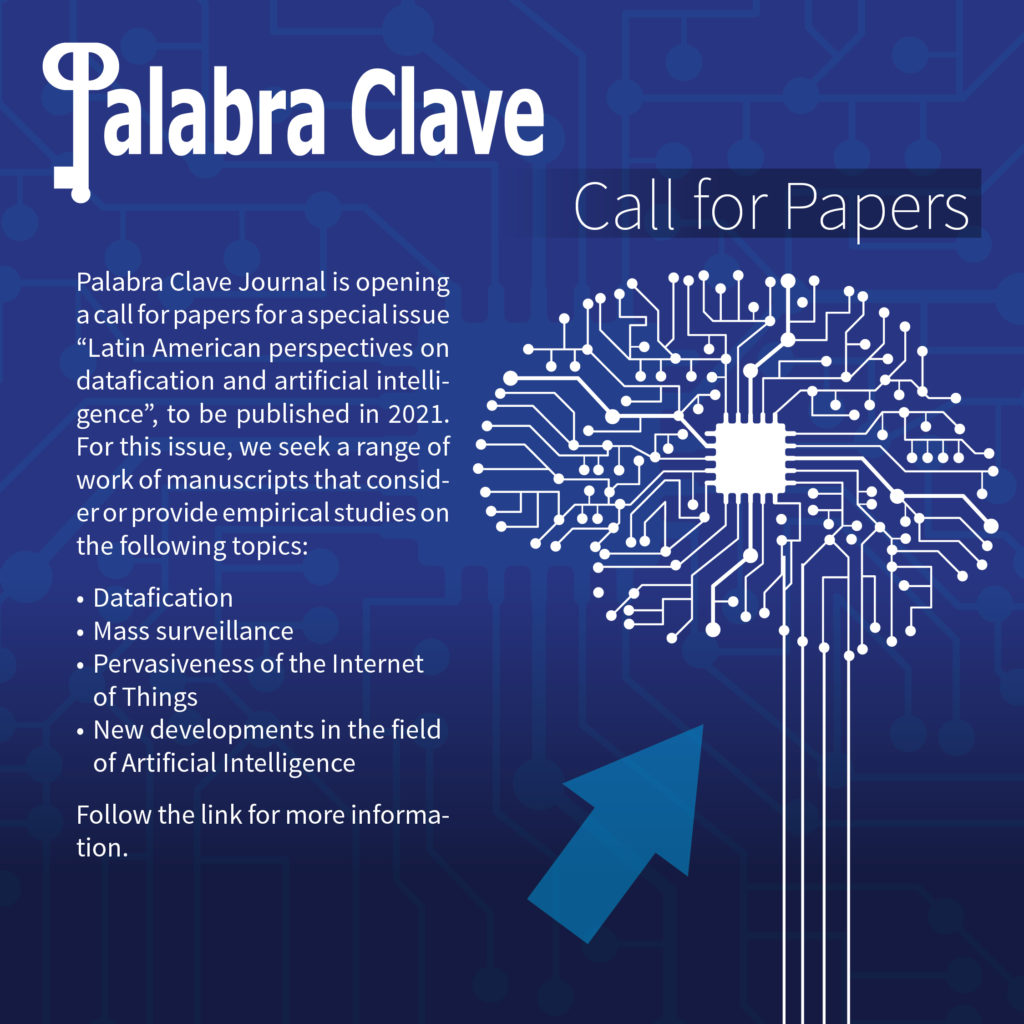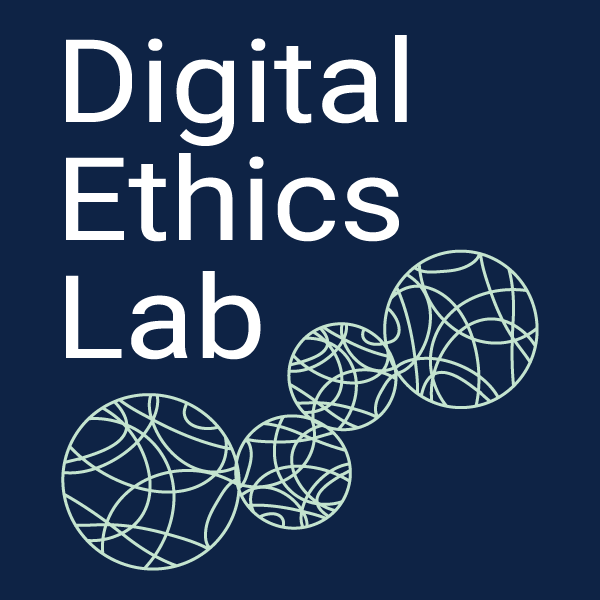Our first article of 2020 is out! Entitled “Enter the WhatsApper: Reinventing digital activism at the time of chat apps”, it reflects on the evolution of political participation and digital activism at the time of chat applications. It is part of a special issue of the open access journal First Monday dedicated to the (first) ten years of WhatsApp. The abstract is below. The article can be read at this link.
This paper investigates how the appropriation of chat apps by social actors is redesigning digital activism and political participation today. To this end, we look at the case of #Unidos Contra o Golpe (United Against the Coup), a WhatsApp “private group” which emerged in 2016 in Florianópolis, Brazil, to oppose the controversial impeachment of the then-president Dilma Rousseff. We argue that a new type of political activist is emerging within and alongside with contemporary movements: the WhatsApper, an individual who uses the chat app intensely to serve her political agenda, leveraging its affordances for political participation. We explore WhatsApp as a discursive opportunity structure and investigate the emergence of a repertoire specific to chat apps. We show how recurrent interaction in the app results into an all-purpose, identity-like sense of connectedness binding social actors together. Diffuse leadership and experimental pluralism emerge as the bare organizing principles of these groups. The paper is based on a qualitative analysis of group interactions and conversations, complemented by semi-structured interviews with group members. It shows how WhatsApp is more than a messaging app for “hanging out” with like-minded people and has come to constitute a key platform for digital activism, in particular in the Global South. DOI: https://doi.org/10.5210/fm.v25i12.10414
Cite as
Milan, S., & Barbosa, S. (2020). Enter the WhatsApper: Reinventing digital activism at the time of chat apps. First Monday, 25(1). https://doi.org/10.5210/fm.v25i12.10414










